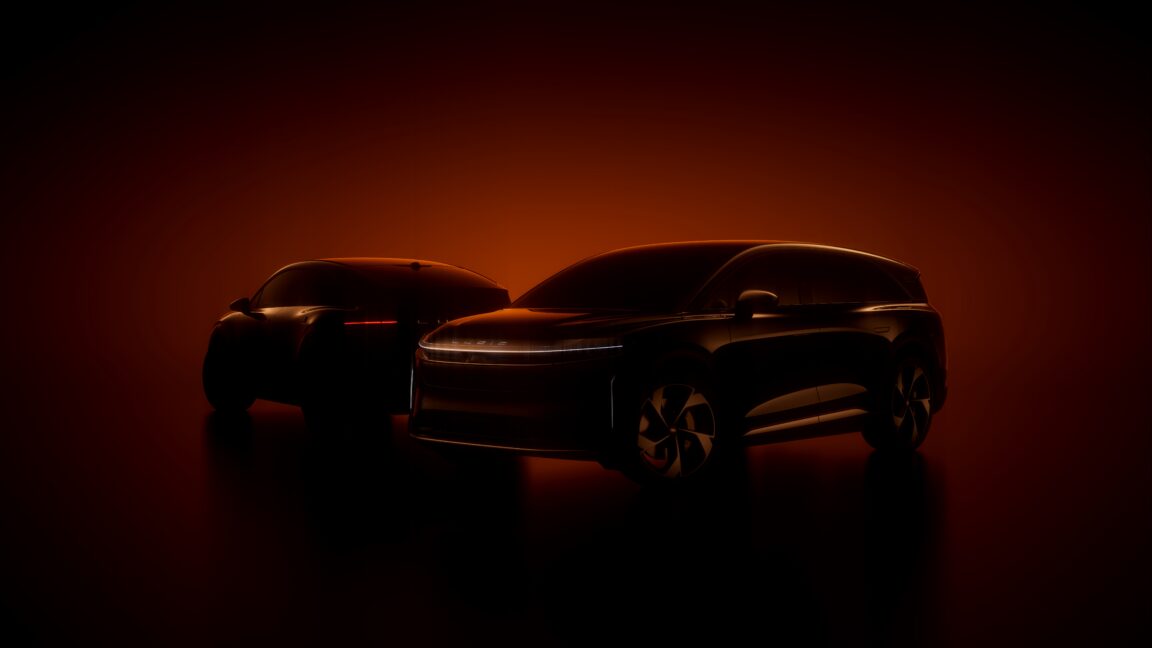Copyright Ars Technica

Is it possible to be a CEO in 2025 and not catch a case of AI fever? The latest company to catch this particular cold is Lucid, the Saudi-backed electric vehicle startup. Today, it announced a new collaboration with Nvidia to use the latter’s hardware and software, with the aim of creating an autonomous vehicle for consumers. Oh, and the AI will apparently design Lucid’s production lines. Formed by refugees from Tesla who saw a chance to improve on their past work, Lucid has already built the most efficient EV on sale in North America. But until recently, it also just had variants of the same Air sedan to offer consumers, before the Gravity SUV joined the range this year. The company will need to start selling tens of thousands of EVs a year before too long, especially if it’s ever to become profitable. And that will involve some smaller, cheaper models, starting with a midsize crossover sometime in 2027. A major goal for the first of those EVs is a starting price of less than $50,000, so I hope they’re getting a good deal on the Nvidia GPUs that Lucid now says will enable a “true eyes-off, hands-off, and mind-off” autonomous driving system for consumer-owned vehicles. “We’ve already set the benchmark in core EV attributes with proprietary technology that results in unmatched range, efficiency, space, performance, and handling,” said interim CEO Marc Winterhoff. “Now, we’re taking the next step by combining cutting-edge AI with Lucid’s engineering excellence to deliver the smartest and safest autonomous vehicles on the road. Partnering with Nvidia, we’re proud to continue powering American innovation leadership in the global quest for autonomous mobility,” Winterhoff said. Good news if you sell GPUs First, Lucid will roll out a more advanced version of its partially automated driving assist for the Gravity SUV, which it says has been “turbocharged by Nvidia Drive AV.” But after that, the plan is for a so-called “level 4” autonomous system, capable of driving itself from point to point without human intervention, at least within a geofence or other limited operational design domain. In scope, this is more limited and more achievable than the “level 5,” go-anywhere dream of Tesla’s FSD system. It is similar to the level 4 autonomous vehicles being developed by companies like Waymo and Zoox, but those are also designed to be operated by fleets with regular maintenance. Lucid will use Nvidia’s platform to reach level 4, building a pair of Drive AGX Thor computers into the new midsize EV platform. And leaning on Nvidia’s software means Lucid doesn’t have the hard ongoing job of keeping everything up to date. “As vehicles evolve into software-defined supercomputers on wheels, a new opportunity emerges—to reimagine mobility with intelligence at every turn. Together with Lucid, we’re accelerating the future of autonomous, AI-powered transportation, built on [the] Nvidia full-stack automotive platform,” said Jensen Huang, founder and CEO of Nvidia. Car buyers are starting to cotton on to driver assists like General Motors’ Super Cruise, which about 40 percent of customers choose to pay for after the three-year free trial ends, and Lucid must be hoping that offering a far more advanced system, which won’t require the human to pay any attention while it is engaged, will help it earn plenty of money. The other part of the Lucid/Nvidia announcement may have the potential for even more impact on the profit and loss statements. Nvidia’s industrial platform will let Lucid create its production lines digitally first before committing them to actual hardware. “By modeling autonomous systems, Lucid can optimize robot path planning, improve safety, and shorten commissioning time,” Lucid said.



